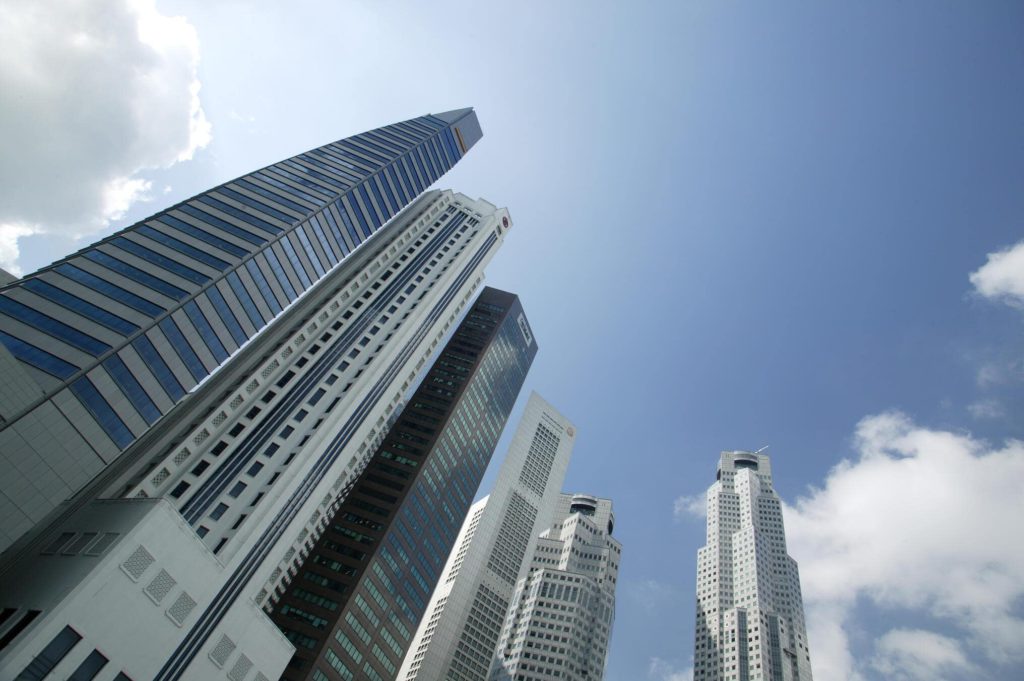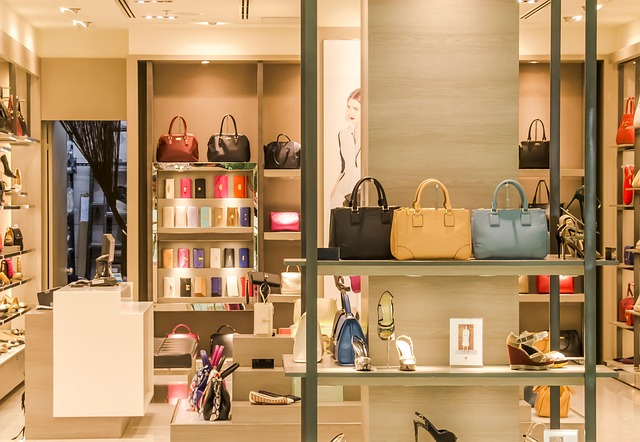Singapore's triumphant return to the pinnacle of the World's Most Competitive Economy ranking after more than a decade reaffirms its exceptional prowess in fostering an environment conducive to economic growth and innovation. The city-state's achievement marks a significant milestone as it reclaims the top spot since its last victory in 2010.
Singapore is the World’s Most Competitive Economy
This remarkable feat is a testament to Singapore’s unwavering commitment to excellence, strategic vision, and continuous efforts to strengthen its competitiveness on a global scale. The nation’s consistent investment in infrastructure, education, research and development, and technology has paid off, positioning it as a trailblazer in the ever-evolving global economy.
Singapore’s return to the top of the competitiveness ranking sends a strong message to the international community, showcasing the nation’s resilience, adaptability, and ability to consistently navigate the challenges of a rapidly changing global landscape. It serves as a testament to Singapore’s ability to seize opportunities, leverage its strengths, and remain at the forefront of economic progress.
This achievement also highlights Singapore’s continued dedication to innovation and sustainable development. The nation’s focus on emerging industries, such as advanced manufacturing, digital services, green technologies, and financial technology, positions it as a leader in shaping the future economy and driving sustainable growth.
Singapore’s Strengths That Contributed to the Top Ranking
In this yearly ranking of 63 economies by Swiss-based research group IMD World Competitiveness Centre, Singapore’s strength lies in its implementation of efficient and advanced technological infrastructure, the availability of skilled labour, favourable immigration laws and efficient ways to set up new businesses.
Singapore’s economic & business performance as well as government efficiency has been key in attracting businesses to set up shop here. Corporates, regardless of size take advantage of the infrastructure and policies to expand their foothold in Asia, and possibly the rest of the world, while at the same time attracting the best of talent to ensure sustained competitiveness and business growth.
Coupled with favourable immigration laws, it is of no wonder that Singapore has leapfrogged to become one of the most attractive economies to attract human capital. With a firm plan to ensure there is sufficient manpower to sustain the economy for the long term – hopeful Singapore PR and Citizenship applicants with the right credentials can look to heightened chances of attaining approvals, if their application is strategised the right way.
What Does Being Competitive Economically Mean For Singapore?
For Singapore, economic competitiveness translates into several key benefits and opportunities:
- Sustainable Economic Growth: Economic competitiveness allows Singapore to achieve sustainable and robust economic growth over the long term. By attracting investments, fostering innovation, and nurturing high-value industries, the nation can continually expand its economic output, create job opportunities, and improve living standards for its citizens.
- Attracting Investments and Talent: A competitive economy entices both domestic and foreign investments, as well as skilled professionals and entrepreneurs. Singapore’s reputation as a thriving business hub with a favorable regulatory environment and strong intellectual property protection encourages companies to establish regional headquarters, set up operations, and invest in the country. This influx of investments and talent fuels innovation, creates employment opportunities, and enhances productivity.
- Global Market Access: Economic competitiveness enables Singaporean businesses to access global markets and seize international trade opportunities. By fostering an open and export-oriented economy, Singapore benefits from an extensive network of free trade agreements, facilitating the flow of goods, services, and investments across borders. This global market access allows Singaporean companies to expand their customer base, diversify revenue streams, and remain resilient in the face of economic fluctuations.
- Knowledge and Innovation Hub: Competitiveness fosters a culture of knowledge-sharing, innovation, and research and development. Singapore’s emphasis on education, particularly in science, technology, engineering, and mathematics (STEM) disciplines, equips its workforce with the skills and knowledge needed to drive innovation and technological advancements. A competitive economy attracts leading researchers, fosters collaborations between academia and industry, and encourages the development of cutting-edge technologies, making Singapore a regional knowledge and innovation hub.
- Resilience and Adaptability: A competitive economy equips Singapore with the ability to withstand global economic uncertainties and adapt to changing market dynamics. By continually upgrading its industries, diversifying its economic base, and embracing emerging sectors, Singapore can mitigate risks and capitalize on new opportunities. This resilience ensures the nation’s ability to navigate economic challenges and maintain a stable and sustainable economic trajectory.
As an immigration professional standpoint, IASG sees the increase of highly skilled and top talents from around the world coming to Singapore. Being the most competitive economy means there are a lot of job opportunities, especially for emerging growth industries such as technology. This in turn will hopefully convert to Singapore PR and eventually Singapore Citizenship candidates in the long-term. Thus, foreign talent not only helps Singapore grow economically but also increase and strengthen its local population base. While some Asian nations such as Japan are experiencing a rapidly declining population growth that is not able to support its economy, Singapore is taking measures to ensure this does not happen.







